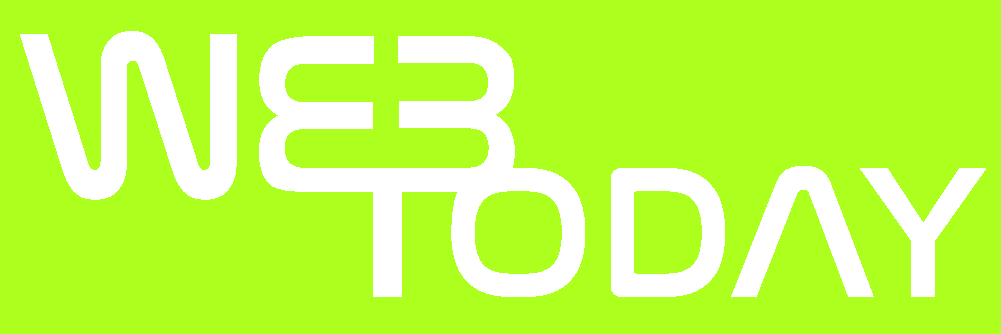#9 IMAGINATION
- Megan Quinn

- Oct 26, 2020
- 3 min read

“Angel, promise me you’ll learn how to use a computer. Your career will never go anywhere until you do.” These were the sincere and paternalistic parting words of a CEO as I bade him a fond farewell, restless to start a business of my own. I can remember shaking my head while smiling at him, and saying in that disarmingly casual Australian way that makes the English both fond and horrified, “nope”. With no enhanced skills, I co-founded Net-A-Porter a few months later.
I still had no idea how to do anything largely impactful on a computer when we established the company. I joke not when I say that our brilliant and beautifully patient Finance Director was asked to turn on my computer most days. My mind was awash with how to entice customers to spend their precious time and money shopping for designer clothing on a computer instead of in a stunning store with impeccable service, and how to make the interface accessible, intuitive, and aesthetically pleasing.
Ironically, when working out how to make the computer more accessible for customers, I never retained where the power switch was for myself. (If you’re thinking “nutty professor” synergies at this point in the tale, I’m having precisely the same realisation.) I was busy interviewing the incredible developers who would build our extraordinarily ambitious and much-feted site. I wish I had filmed their bemused/incredulous/horrified expressions as they witnessed me passionately imparting our creative vision to be just like Vogue, but being able to click and buy from anywhere, in any currency. To not only be the best but the most beautiful website in the world. We were like absolute aliens to each other. Yet, we all went on to build something uniquely amazing – by playing to our individual strengths and experiences while respecting and celebrating those of others – diversity in all its glory.
People assume I’m an early adopter because I was part of the e-commerce vanguard at the dawn of the century. I’ve been called a digital pioneer, a dotcom veteran and a global game-changer amongst other things. The fact of the matter is that I have an absolute appreciation for technology (so I’m not a complete luddite), but I only have a fleeting understanding of and interest in, its machinations. I never felt my talents or temperament would be best served sitting behind a computer, coding. I knew there were people far more talented and passionate about technology than me, who would create and build extraordinary things. What is important to me is to use my imagination to create something better for customers, clients and businesses, by harnessing and utilising available technologies.
There’s constant chatter about STEM, digital transformation and re-skilling and retraining in tech. All of which are of course fundamentally and unequivocally important. But the focus on the left-hand side of the brain shouldn’t be to the exclusion of the enormously impactful right side - creativity, imagination, empathy and intuition. As Einstein said, “Logic will get you from A to B. Imagination will take you everywhere.” And remembering Angela Ahrendt’s “technology is the physical connector, but humans are the emotional connector.” Now, more than ever, we all want to feel connected, not like commoditised data. I fear that businesses, governments, schools, universities and parents are leaning too heavily to the left (side of the brain). Suppose we were to encourage people of all ages to (literally) play to their absolute innate strengths, enabling opportunities for all to collaborate, we could generate astounding outcomes that capture hearts, minds and pockets.
Unlike my disinclination to learn computer skills, we should all be continually learning, but never forgetting our own true north. How can we possibly expect to stand out if our aim is to be just like everyone else? That was my excuse, and I’m sticking to it.




Comments